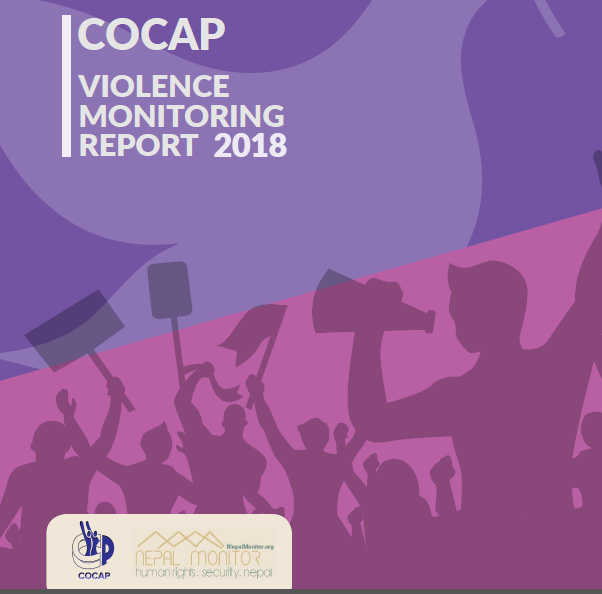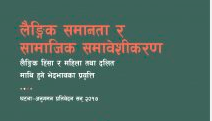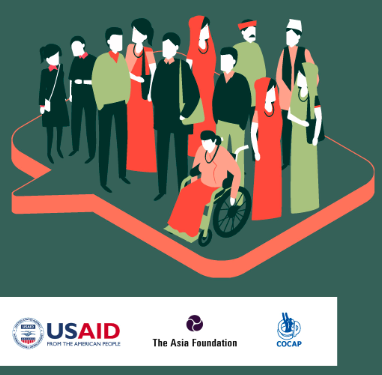Incident Reports
Hundreds rally in Capital against ‘inequalities’ in Kathmandu
2015-06-29
Hundreds of civil society members, women leaders, and activists participated in a rally at the Capitol on Monday to protest against ‘discriminatory provisions’ regarding women in the draft constitution. A provision of citizenship has made it mandatory for a child to have Nepali parents in order to acquire citizenship by descent, although a person now gets to choose which parent’s name will appear on the citizenship card. “The new constitution, if passed without amendments, will be more regressive than the Interim Constitution,” said former lawmaker and advocate Sapana Pradhan Malla while addressing the mass. She said that they took to the streets to bring the issue to notice but would fight for the rights of women on all fronts.
The Interim Constitution allows a child of a Nepali mother or a father to acquire a Nepali citizenship certificate by descent. As for naturalized citizenship, the draft constitution has given continuity to the old provision, which requires a foreign male married to a Nepali woman to reside in Nepal for 15 years before applying for Nepali citizenship, while a foreign female married to a Nepali male can apply for Nepali citizenship immediately after the marriage. “The reason behind such strict provision of citizenship is due to Madhes factor,” said Vijay Kanta Karna, civil society member, a participant in the rally. He argued that the establishment thinks that many Madhesi women going to India would come back to Nepal with their husbands. “Why to deprive all the Nepali women on such unfounded reason?” he said. At a time when there have been demands of 33 percent elected women representatives in the Parliament, the new provision mentions only that one-third of the total candidates be women. This has been decided when the ratio of proportional representation has decreased from 60 to 40 percent, and the ratio for directly elected representatives has increased from 40 to 60. Leaders believe that the provision would significantly lower the representation of women. They have also been demanding 40 percent of the representatives in the provinces and 50 percent representatives in local bodies.
Rights defender Subodh Pyakurel said that he would be ready to lobby nationwide to defeat politicians, unwilling to give equal citizenship rights to women, in the upcoming elections. “Women should be given equal rights for a society to move forward,” he said. UCPN (Maoist) leader Shashi Shrestha said that they should step up their fight for equality as the ‘old establishment’ seemed unwilling to recognize women as equal citizens. “We will never accept the new constitution without amendments to provisions regarding women,” she said.
During the protest rally, a group of Janajati activists burnt a copy of the draft constitution before it was formally tabled in the CA full House, terming it regressive. Ang Kaji Sherpa, former General Secretary of Nepal Federation of Indigenous Nationalities, said the draft has further marginalized Janajati, Madhesi, women, Muslim, Dalit, and the backward communities.
Details and Impacts
| Violent / Non-violent | Nonviolent |
| Primary Form | Demonstration |
| Primary Cause | Other governance issues |
| Actor 1 - Number of people | n/a |
| Actor 1 - Affiliations | Women's Rights Activists , Dalit Organizations |
| Actor 1 - Youth | na |
| Actor 2 - Number of people | n/a |
| Actor 2 - Affiliation (Target) | Government and civil servants at central level |
| Actor 2 - Youth | na |
Related Reports
Dalit / Bajhang
Three arrested on the charge of vandalizing Dalit family's house in Bajhang
Dalit / Tanahun
Dalit community subjected to social boycott following case of caste based discrimination in Tanahun
Dalit / Dang
Landlord arrested on the charge of evicting person from house for being a Dalit
Related Trend Analysis
Analysis
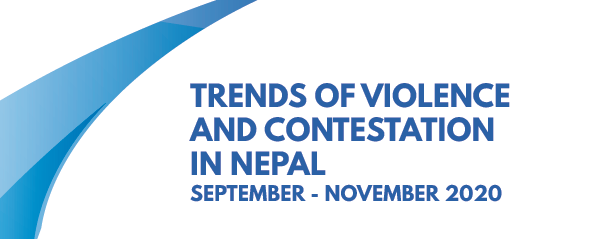
Trends of Violence and Contestation in Nepal, September - November 2020
December 29, 2020
GBV / Political / Dalit / Human Rights / Governance / Covid-19
Analysis
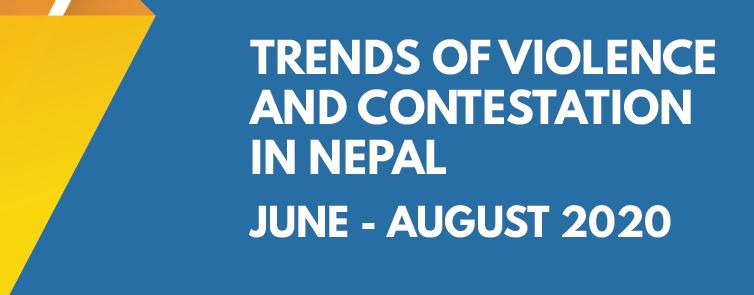
Trends of Violence And Contestation In Nepal, June - August
October 11, 2020
GBV / Political / Dalit / Human Rights / Governance / Covid-19
Analysis
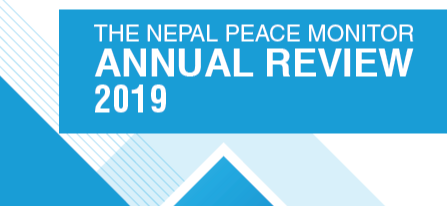
The Nepal Peace Monitor Annual Review: 2019
May 24, 2020
GBV / Political / Dalit / Human Rights / Interpersonal Violence / Governance
